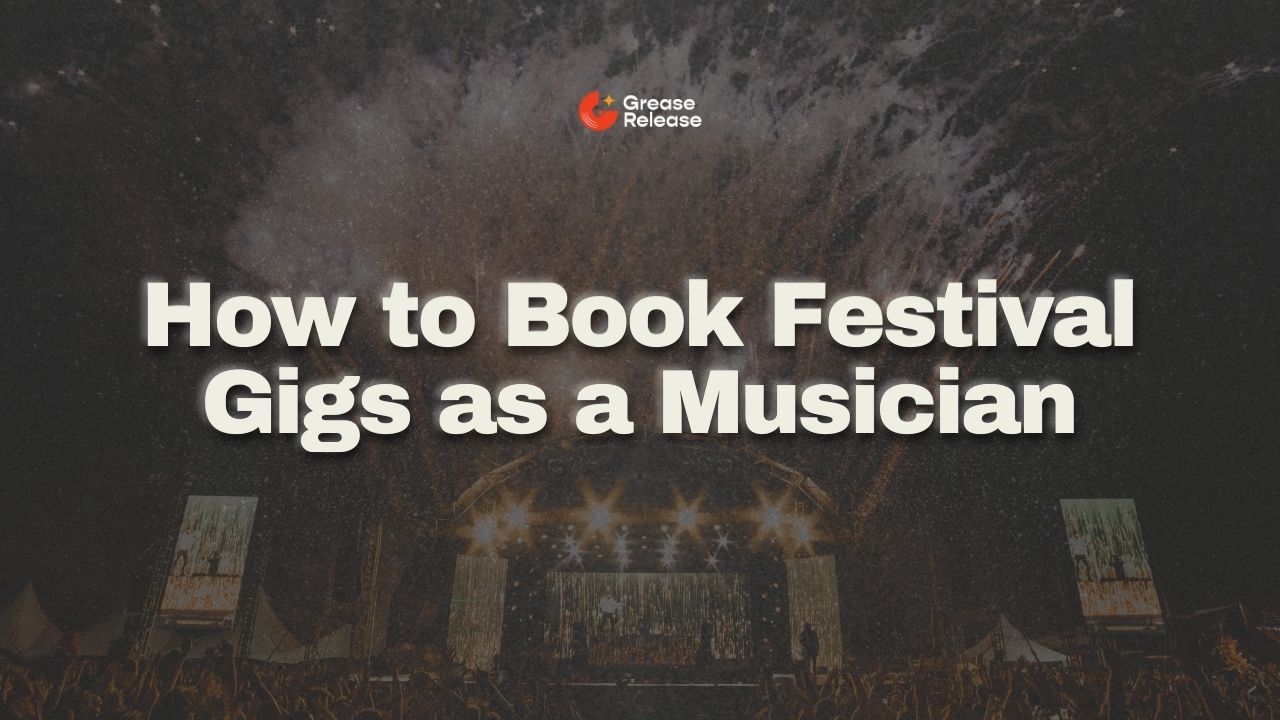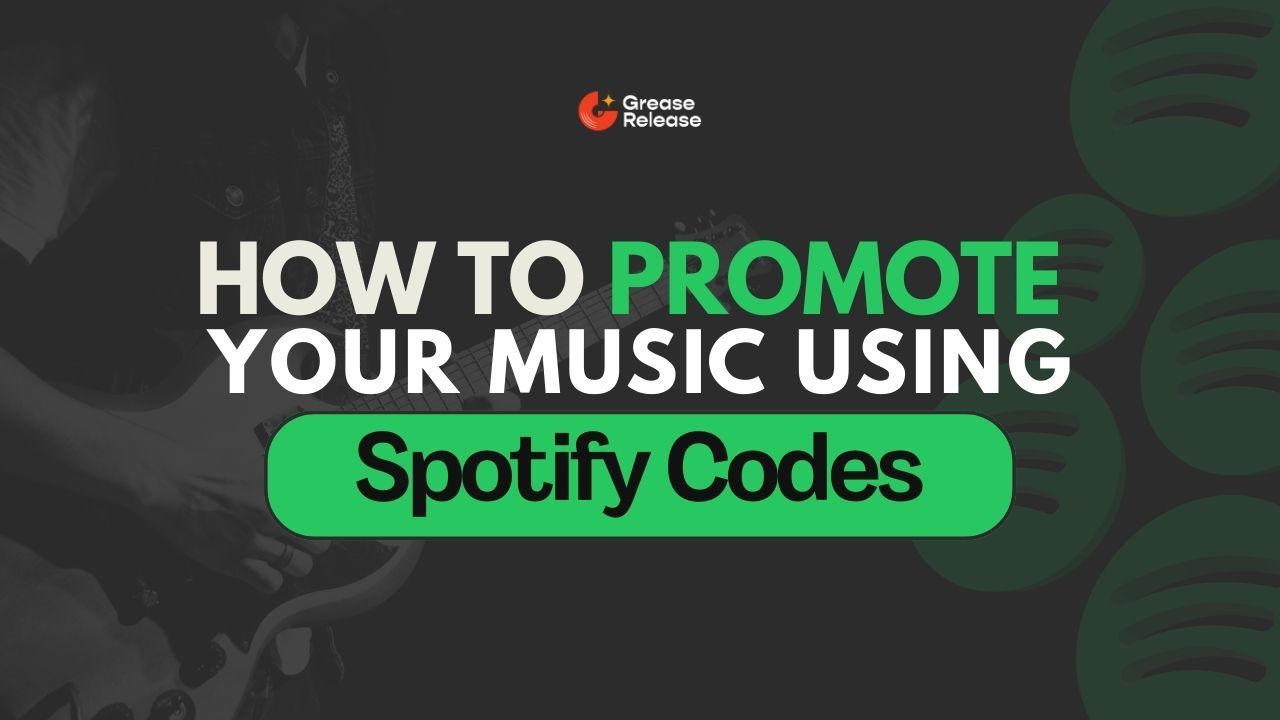
Balancing Artistic Integrity and Commercial Success
Aug 09, 2024Artistic Integrity Vs Commercial Success
In the ever-changing environment of the music industry, musicians frequently find themselves at the crossroads of artistic integrity and commercial success. Finding the perfect balance between keeping faithful to one’s creative vision and achieving financial viability can be difficult, particularly for indie artists.
In this article, we shall be answering these questions of yours:
What is artistic integrity?
Artistic integrity is an artist’s dedication to their own artistic vision, principles, and sincerity. It encompasses the decisions they make in their work, from lyrics and melodies to production and delivery. Artists with high creative integrity put their personal voices and artistic aspirations ahead of external pressures or trends. This devotion frequently includes making judgments that may not be in line with mainstream tastes or commercial feasibility but are deeply ingrained in your personal identity and ideas. In other words, artistic integrity simply means your sincere effort to stay true to your musical vision and creative expression.
Think of it as a moral conscience that keeps professionals in the industry rooted and also unique - the decision to uphold artistic values helps them make music that’s truly their own.
Is commercial success difficult to achieve as an indie artist?
Commercial success can be difficult for independent artists, owing to restricted resources, marketing reach, and industry relationships. Unlike major record label artists, indie musicians like you, frequently have to manage several elements of their careers, including songwriting, recording, promotion, and distribution. This DIY approach can be powerful, but it is also demanding, requiring a wide range of skills as well as a large investment of time and effort.
Sure, the music industry is fiercely competitive, and breaking through the noise necessitates not only talent but also strategic planning and marketing skills. However, the growth of digital platforms and social media has somewhat democratized the industry, allowing independent musicians to reach worldwide audiences without the help of a record label. Success stories of independent singers such as Chance the Rapper and Billie Eilish demonstrate that commercial success is possible but with distinct voices.
What makes music commercially successful?
Commercial success in music is often determined by a mix of elements such as catchy melodies, relatable lyrics, high-quality production, and successful marketing. The ability of a song to resonate with a large number of people is critical, as is its potential for radio play, streaming, and viral success. In the digital age, the viral potential of a song is easily determined through social media - if your song gains traction on TikTok, it is pretty much going to be a hit otherwise. Collaborations with well-known musicians, sync licensing with popular media (such as TV shows or advertisements), and a strong visual identity can all help increase a song’s commercial viability.

Pssst…come here: Trends and genres that are popular at the time can have an impact on commercial success. You can see why Afrobeats are easily topping charts now compared to before; there seems to be a huge wave of that genre. However, it is crucial to remember that these components are not always predictable. What makes a song economically successful (in a long-term context) varies greatly depending on the intended audience, and the internet culture right now.
How can digital artists balance the tension between artistic integrity and commercial success?
Balancing artistic integrity and financial success can be difficult for digital artists to achieve. Here are some helpful strategies:
Staying true to your vision
Staying loyal to your artistic vision entails upholding the core ideals and creative direction that define your work, regardless of external pressures or trends is the first step. This authenticity can help you stand apart in a crowded market where the temptation to adhere to prevailing styles or commercial demands is high. Authenticity appeals to audiences because it represents expression and frequently conveys a deeper emotional or philosophical message.
Consider Billie Eilish, for example. She went viral for her song Bad Guy, which became the beginning of her popularity. Eilish and her brother Finneas O’Connell, who co-writes and produces her music, have developed a unique style that combines pop, electro, and alternative music. Eilish has maintained a distinct style since the beginning of her career, defined by her melancholy, contemplative lyrics, minimalistic sound, and a totally weird, unorthodox fashion sense that defies traditional pop star norms.

Despite, or maybe because of, her distinct approach and dedication to honesty, Eilish’s music resonated with a global audience. She soon became a very popular artist, one of the most streamed musicians on platforms such as Spotify, and won several Grammy Awards. It actually proves that unique sound can eventually lead to commercial success, and maintaining that originality is all you need to do.
Experimenting within the market
By experimenting with new sounds, concepts, or pictures, you can develop a distinct identity that resonates with a certain audience, resulting in a devoted following. This creativity can include combining musical styles, exploring uncommon storytelling themes, or creating a distinct visual aesthetic. In other words, be inspired, not influenced.
Twenty-One Pilots is a great example. It is a musical duo consisting of Tyler Joseph and Josh Dun, that has innovated in the market by merging genres and carving out its own niche. Their genre-blending strategy has enabled them to reach a diverse audience. Their music videos and live performances also usually feature symbolic imagery and storytelling elements, which give dimension to their music and engage fans on several levels. For example, the character in Blurryface, representing the band members’ doubts and pressures, became a recurring pattern in both images and lyrics, resulting in a cohesive narrative throughout their work.
Engaging with your audience
Direct engagement with fans not only enhances awareness but also helps to create a dedicated fan base that values your work’s authenticity. In the digital age, you can communicate with audiences using a variety of technologies, including social media, live broadcasts, and interactive content.
Pssst…come here: The idea is simple, really. Many independent artists come to rely on developing a loyal fanbase to be able to sustain in the industry for long because they do not have constant support from a record label. So when you engage with your audience and focus on developing a true relationship with them, it keeps you grounded, helps you stick to your vision, and makes sales with your merchandise.
Let’s consider the band BTS (or any K-pop group like Seventeen, TXT, and so on). It is an excellent illustration of how communicating with fans can help an artist’s career. BTS is well-known for its dynamic concerts and profound songs, but it also has a close relationship with its followers, known as ARMY. The same goes with Seventeen, a 13-member South Korean boy band that calls its fans CARATS.
BTS has mastered the art of community building using a variety of fan engagement tactics. Their online fan network, Weverse, allows fans to engage with one another as well as the band members. The platform also has exclusive content, such as behind-the-scenes footage and remarks from the band. This specialized place for the ARMY promotes a sense of belonging and solidarity among supporters.

BTS’s constant involvement with their audience has been critical to their global success. Their genuine and consistent connection with fans has helped them cultivate one of the world’s most devoted fanbases. This close connection has resulted in record-breaking album sales, sold-out concerts, and considerable influence in the music industry.
Strategic Collaborations
Strategic collaborations can help you expand your audience, explore new creative avenues, and achieve monetary success while maintaining your artistic integrity. By collaborating with other artists or brands, you can reach new audiences, combine styles, and acquire new insights into their work.
For example, Lady Gaga collaborated with Tony Bennett. We know Lady Gaga - you should definitely expect something unconventional with her musical style. Famous for her varied pop and avant-garde style, she took a risk by working with the legendary jazz singer. This collaboration allowed her to pursue her enthusiasm for jazz, a genre she greatly admires, without compromising her artistic roots. The duet was a financial triumph, debuting number one on the Billboard 200 chart and winning the Grammy Award for Best Traditional Pop Vocal Album. Cheek to Cheek allowed Lady Gaga to reach out to an older population and jazz enthusiasts, broadening her fan base beyond mainstream fans.
What defines a successful musician?
Artist integrity alone wouldn’t define a successful musician, and nor would commercial viability. As an independent musician, you would probably have to face a lot many definitions and contexts to be ‘successful.’ Does it mean you have a million monthly listeners on Spotify? Does it mean sold-out shows right after your tour announcement? More often than not, we attribute success to the aftermath or consequence of your music-making - how well a song does after it is released. Success isn’t just that though, is it? Success could allude to your songwriting process as well. The ideation. The execution. The marketing.
Success is extremely subjective. If financial stability is a factor, so is artistic vision, and if creative expression is a factor, so is strategic planning. What we are trying to say is, that we do not think of success as an indie artist to be the singular concept. It is non-linear and has multiple variables constantly changing the definition of what makes a successful musician. But if you make it big as an independent artist (big could mean anything you prioritize the most), you’re pretty much successful already.
We at GreaseRelease, have a bunch of curators on our network who are looking for new & exciting music to push on their massive playlists. If you make music and want to reach a wider audience, check out our submission platform and get a chance to reach millions of listeners! Submit your tracks now!
Studies show that 80% of musicians constantly feel overwhelmed and we want to take that load off by helping you stay organized and that's why, my team and I created the ProdPro 2.0
The ProdPro 2.0 is the ultimate organization tool built by and for musicians. Click here to learn more!
Don't miss my newsletter!
Join me on a music entrepreneurship journey with new tips and tricks delivered straight to your inbox.
We hate SPAM. We will never sell your information, for any reason.




